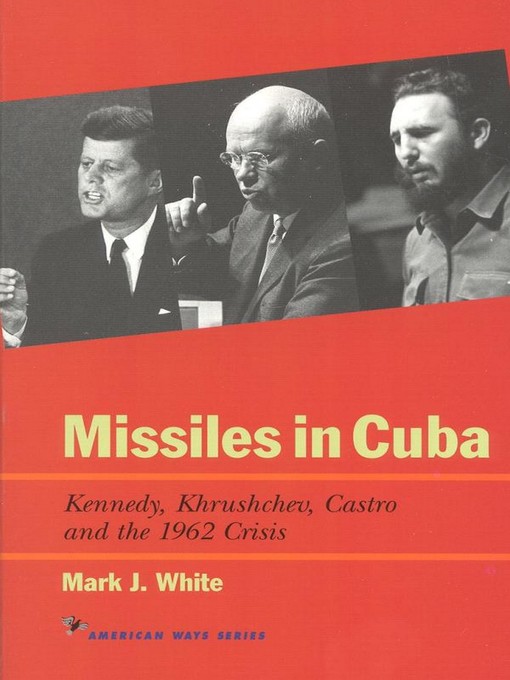- Available now
- New eBook additions
- New kids additions
- New teen additions
- Most popular
- Try something different
- New Nonfiction Ebooks
- New Fiction Ebooks
- Stars Cook
- See all
- Available now
- New audiobook additions
- New kids additions
- New teen additions
- Most popular
- Try something different
- See all
- Home & Garden
- Sports
- Health & Fitness
- Hobbies & Crafts
- Food & Cooking
- Celebrity
- News & Politics
- Travel & Outdoor
- Family & Parenting
- See all

